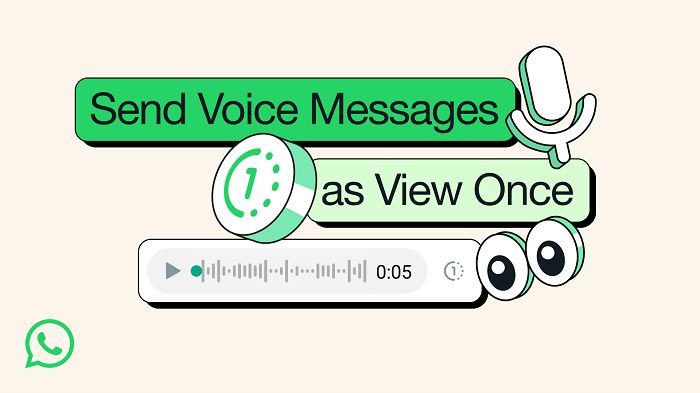This could be worth noting for those looking to maximize their engagement on Threads.
After various experiments, many have found that the best way to generate engagement on Threads, and thus reach, is to post questions which then compel other Threads users to answer. Which is no surprise, as this type of interaction has always played into social platform algorithms. But many Threads users have taken this to another level, by deliberately posing controversial or divisive queries with the sole aim of sparking response.
Business Insider reporter Katie Notopoulos conducted a whole experiment in “rage baiting,” in which she posted various questions like this, which aimed to trigger as many responses as possible.
And it worked. As you can see, this post generated over 3,000 replies in itself, and over time, Notopoulos built a significant Threads presence, based on people replying to her artificial posts.
With politics off the table, questionable takes like this are the next best thing for sparking emotional response, which is the key to maximizing comments. Indeed, research has shown that posts which trigger anger, fear and/or joy are the best at driving user engagement.
So it makes sense that engagement farmers on Threads are leaning into this, but today, Threads chief Adam Mosseri said that they’re aware that this is a problem, and they’re looking to fix it.
Mosseri’s comment came in specific response to this post, which has also sparked a wave of user response.
But the creator isn’t genuinely posing a question, it’s an engagement tactic, and somehow, Mosseri and Co. are now going to try and re-jig the Threads algorithm to penalize such.
Which will be difficult.
Because Threads, of course, wants comments and interaction, so it is good for the platform to facilitate such. It just needs to ensure that it’s genuine, or it risks flooding people with junk posts that will turn them off.
But how do you separate the wheat from the chaff in this process, and identify which posts are “rage bait” and which are genuine queries?
Detecting AI images could be one way, but then again, Meta itself is encouraging more generative AI usage, so that doesn’t seem to gel with its broader plans.
Meta’s evolving AI systems also mean that Meta wants more genuine questions to be asked in its apps, because it can then use those responses to facilitate more human-like answers to popular queries in its chatbot.
So more questions is a good thing, but Meta, somehow, wants to dilute the bait, while still hooking the fish.
Without manual intervention, that’ll be a difficult problem to solve, and maybe, that will be the solution, for Meta’s moderators to check in on rapidly trending posts, and downgrade them if they’re obvious junk.
But it could also be worth noting. If you’re looking for ways to boost your Threads presence, Meta may or may not be penalizing some forms of engagement bait like this. Somehow.














